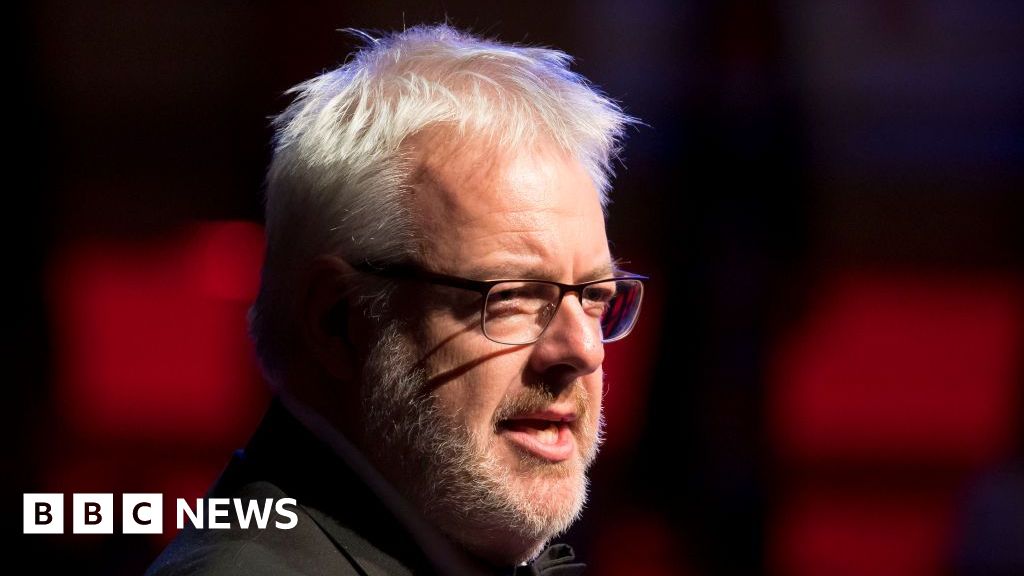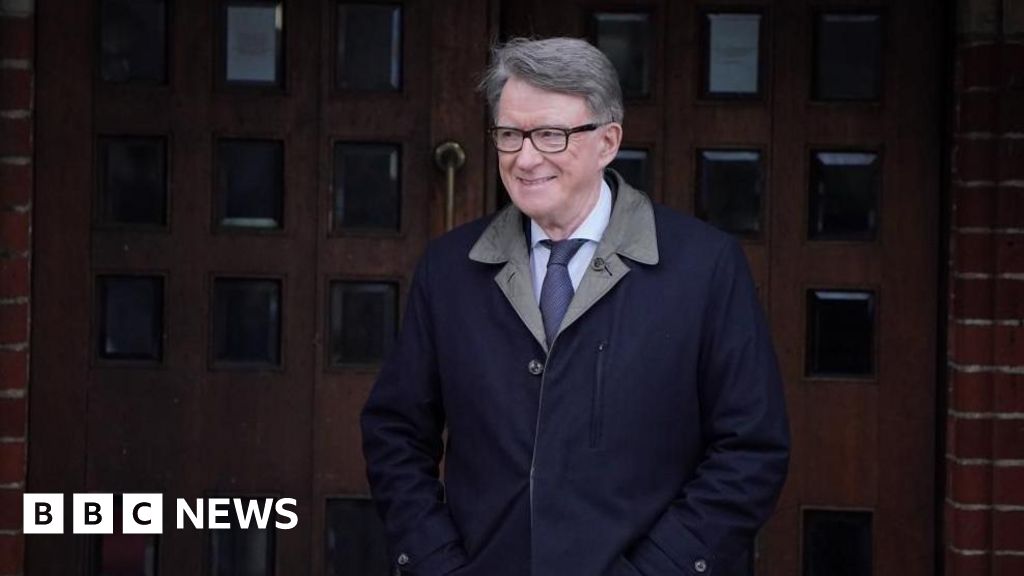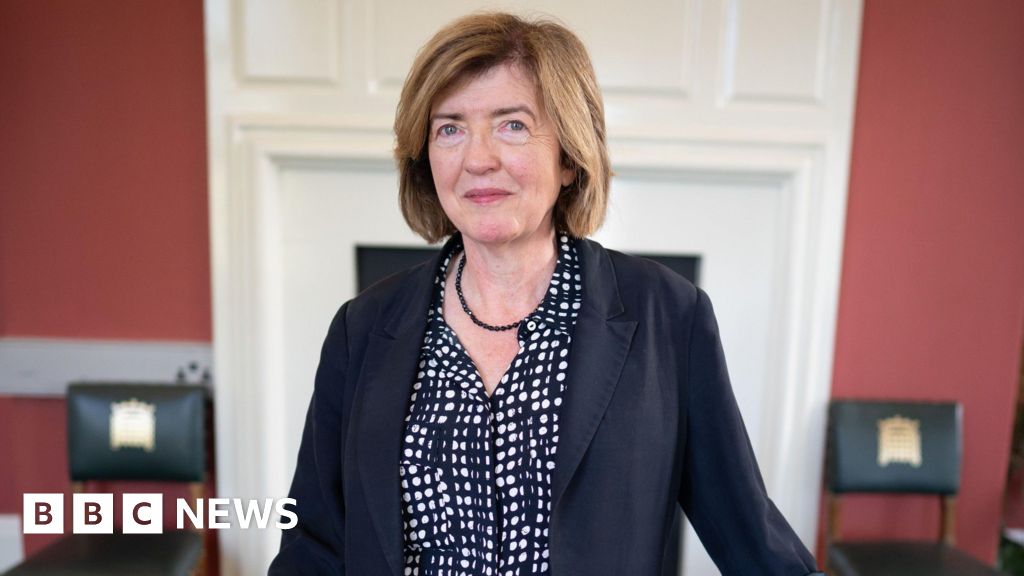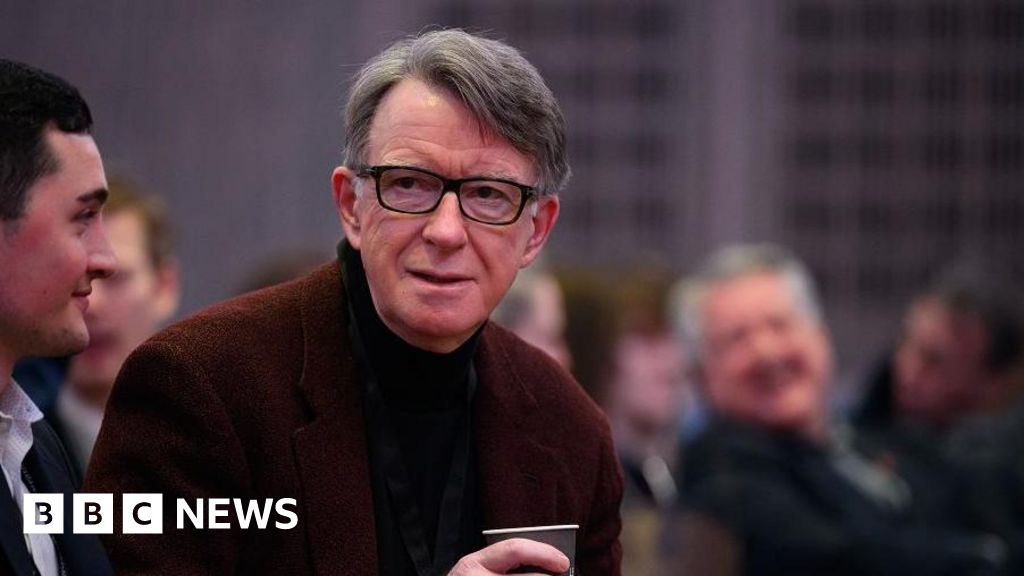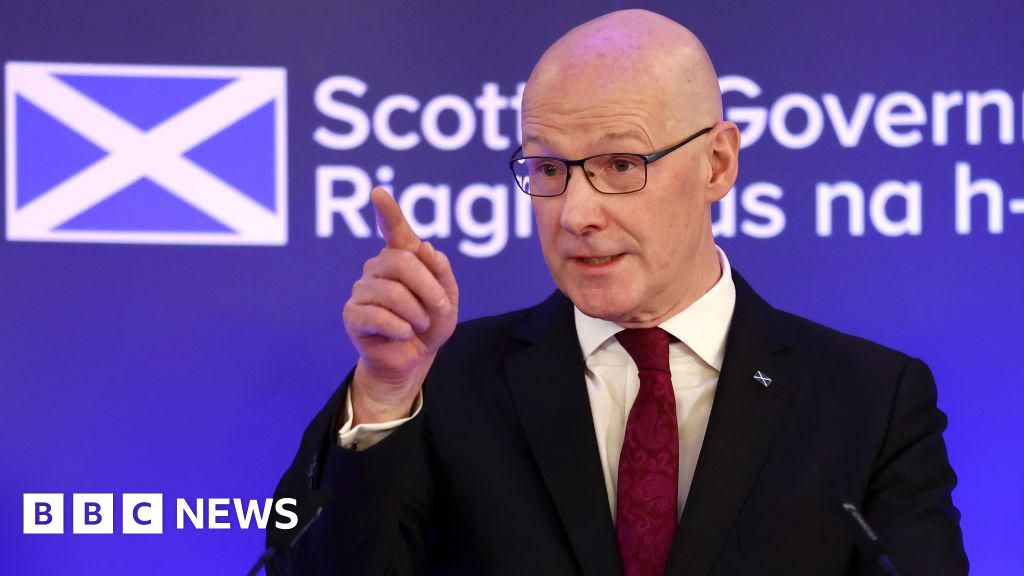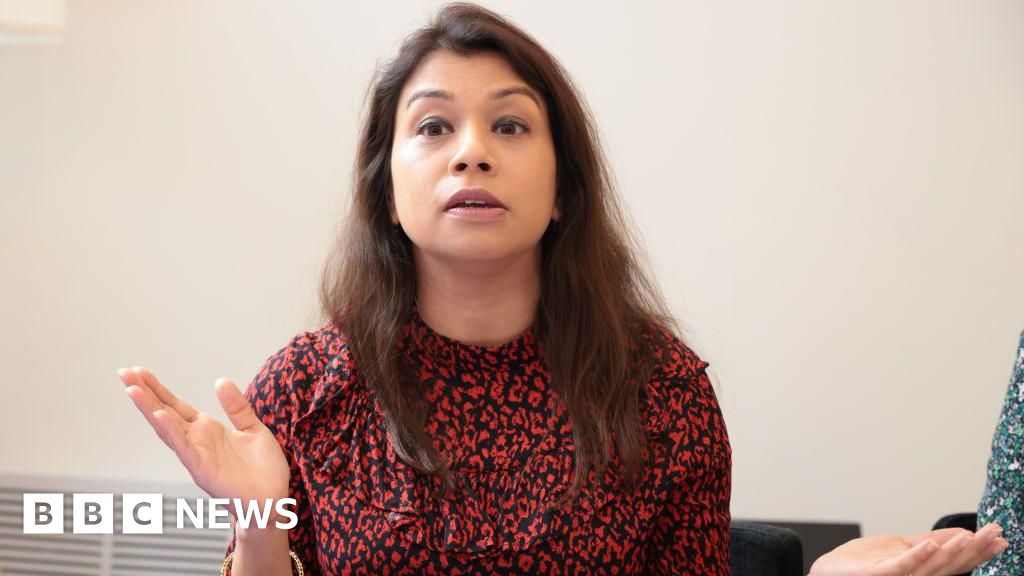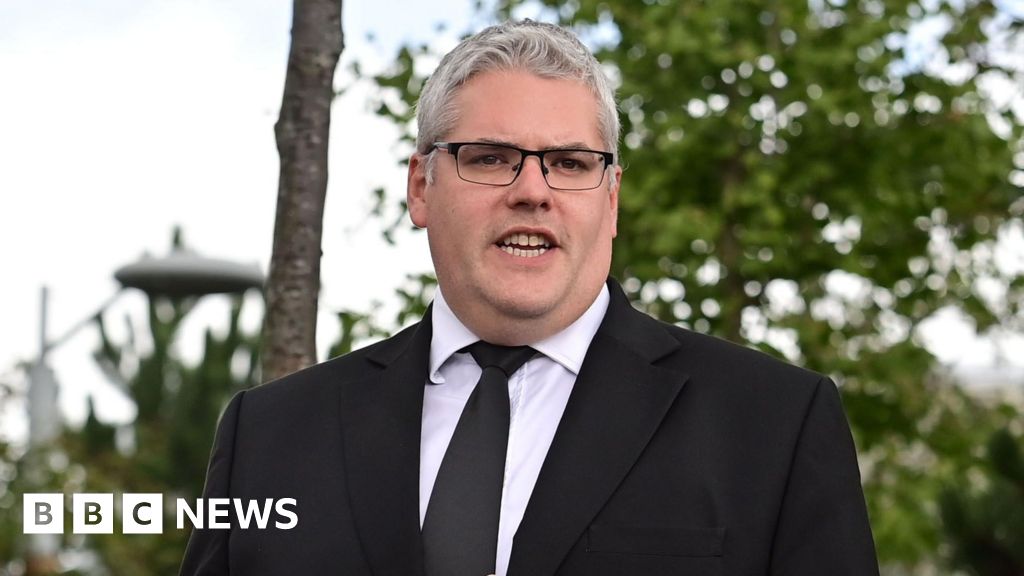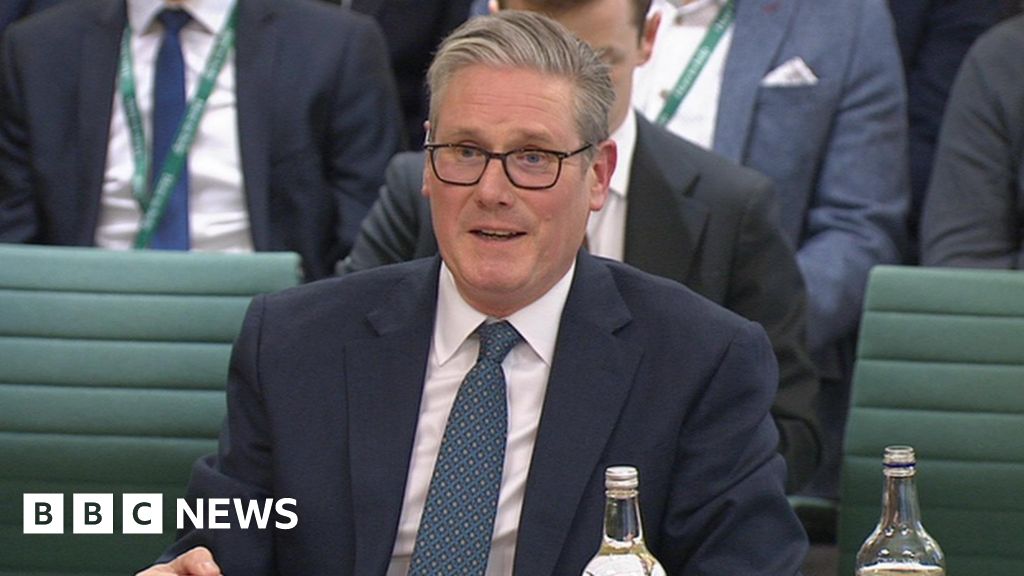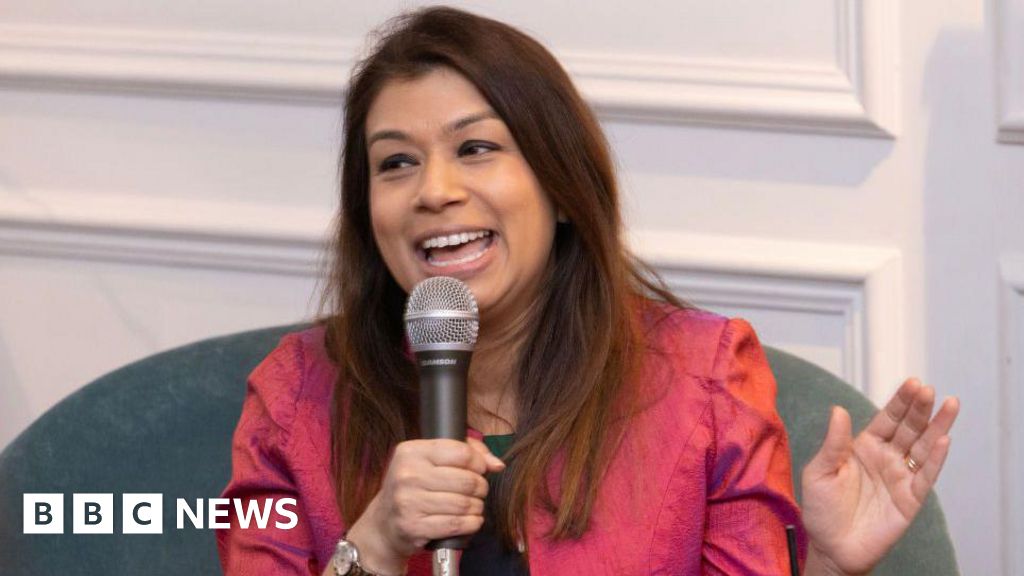
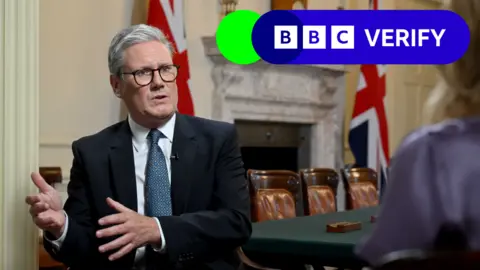 BBC
BBC
The government is planning to restrict winter fuel payments to only those pensioners who are receiving pension credit.
BBC Verify has been looking at some of the claims made about this policy ahead of a vote in Parliament on Tuesday.
'What I can guarantee for the state pension is that the increase under this government will outstrip any reduction in the winter fuel payment' - Keir Starmer
Sir Keir Starmer said this on the BBC’s Sunday with Laura Kuenssberg programme.
On Tuesday morning, the Office for National Statistics published the latest average earnings figures, which showed annual growth of 4%.
That is the figure that will be used to set the increase in the state pension, which means the full state pension will go up by £460 a year.
As the winter fuel payment is either £200 or £300, the prime minister is right that the increase in the state pension will generally be more than that.
But there are a couple of problems with his claim, the first of which is that the state pension will not rise until April and the £460 will be spread over the following year. Winter fuel payments, on the other hand, are usually made in November or December.
The other problem is that the increase in the state pension is meant to help pensioners with the rising cost of living as a whole, not just coping with the loss of winter fuel payments.
'Conservatives will oppose Labour’s plan to strip the winter fuel payment from 84% of pensioners who are living in poverty' - Chris Philp
The shadow leader of the House of Commons made this claim in a tweet.
This figure comes from research by the former pensions minister Steve Webb for the pensions consultancy LCP.
He found that there were 1.9 million pensioners in poverty, of whom only 300,000 were receiving pension credit and hence would continue to get winter fuel payments. That leaves 1.6 million, which is 84% of the total, not getting the payment.
Pension credit is a benefit paid to people of state pension age with low incomes. It can also help with some housing costs.
The figures in the report come from the Department for Work and Pensions (DWP) Stat-Xplore tool. BBC Verify used the same tool to confirm the figures.
There are a few problems with the 84% figure. The first is that these figures come from government surveys and they understate the number of people receiving pension credit by about 300,000 compared with the DWP's separate publication showing the number of actual claimants.
That does not necessarily mean the 84% figure is wrong - we do not have the data to tell us that.
The second point is that pension credit is designed to bring people up to an income close to the one that is being used to indicate poverty. That is why a relatively small number of pension credit recipients count as being in poverty on this measure.
What is interesting in the report is the reasons why some of the recipients are still in poverty and why some pensioners in poverty are not getting pension credit.
The government estimates that there are 880,000 households who are eligible for the benefit but not claiming it.
The report highlights other reasons, such as those who are still paying mortgages - pension credit may not cover all of a recipient's mortgage costs. Also, those renting from a private landlord may find they have to meet some of their housing costs.
'Only 300,000 people on pension credit will retain winter fuel payments'
This claim comes in a screenshot of a news report tweeted by shadow business secretary Kevin Hollinrake.
The screenshot is taken from the middle of a report in the Times and is wrong as it appears in the tweet.
All of those receiving pension credit will continue to receive winter fuel payments, which is 1.4 million recipients.
The whole article is about the research by the former pensions minister that we mentioned earlier.
It makes it clear that the report does not say that only 300,000 people on pension credit will retain their winter fuel payment. It says that only 300,000 of the 1.9 million pensioners who the report classifies as being in poverty receive pension credit and so will continue to get winter fuel payments.



 3 months ago
17
3 months ago
17
